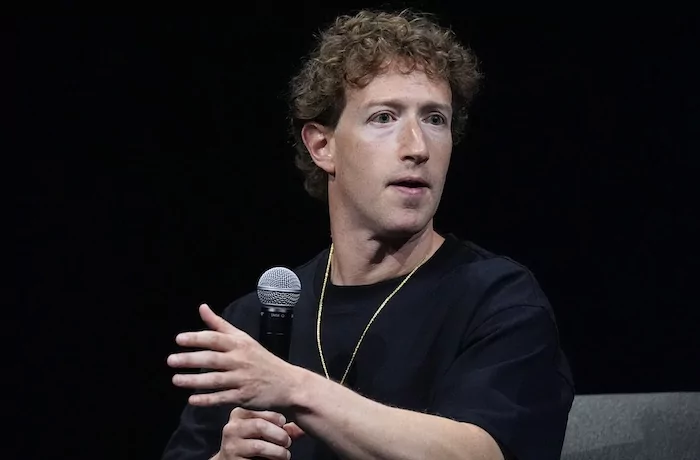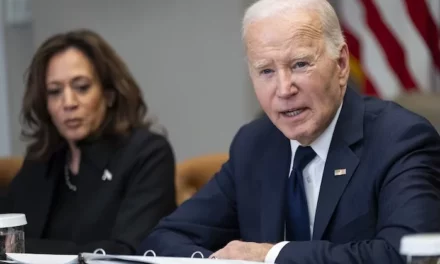We support our Publishers and Content Creators. You can view this story on their website by CLICKING HERE.

Meta CEO Mark Zuckerberg has quickly reworked major company policies ahead of President-elect Donald Trump entering office, a strategic move as Meta stares down a new administration.
The changes at Meta — which owns Instagram, Facebook, and WhatsApp — are a fairly notable departure from company policy under the Biden administration. For instance, the company changed its fact-checking system towards a model more similar to Elon Musk’s community notes system on X, effectively killing its existing fact-checking program.
The push for the changes began after the 40-year-old Facebook founder met with Trump at Mar-a-Lago over Thanksgiving. Since then, Zuckerberg has been working quietly with a small team to implement the changes at Meta, according to the New York Times.
WHICH JAN. 6 DEFENDERS COULD SEE PARDONS
In addition to changing the company’s fact-checking model, Meta also loosened restrictions on speech surrounding touchy social issues and will introduce users to more political content on Meta platforms, a reversal of the company’s previous stance to tamp down on political content.
The push to make company policies more favorable to the administration comes as Zuckerberg and Meta are facing some major challenges in the months ahead.
FTC lawsuit against Meta
The Federal Trade Commission is suing Meta over allegations that it has been anticompetitive. Namely, that its acquisition of Instagram and WhatsApp was done to effectively squelch competition in the social media space.
In November, a judge ruled that Meta and the FTC will go to trial over the allegations, denying Meta’s motion to end the case, which was first filed back in 2020 during the first Trump administration. The FTC argues that Meta overpaid for Instagram and WhatsApp in order to eliminate the threat they posed to the company.
The case was notably continued under Biden’s FTC. A trial date has not been set.
Notably, Trump tapped antitrust lawyer Mark Meador for a spot on the FTC, a sign that Trump 2.0 is leaning further into populism and a willingness to challenge the corporate world, especially Big Tech.
VIVEK RAMASWAMY SAYS FEDERAL AGENCIES CAN BE ‘DELETED.’ CAN TRUMP DO THAT?
KOSA
The Kids Online Safety Act is a bipartisan piece of legislation that is heavily opposed by Big Tech companies like Meta. The Senate overwhelmingly voted in favor of the legislation, which is designed to protect children from harmful online content, back in June, but it hasn’t received House vote.
KOSA would create a “duty of care,” meaning that companies like Meta would have to actively “prevent and mitigate” their exposure to content that could be viewed as harmful, for instance, content that promotes self-harm, suicide, eating disorders, and drug use.
It would also require Meta to implement options that are designed to protect children’s personal information and disable algorithmic recommendations.
Meta and Google have dumped nearly $90 million over the past three years into lobbying on various issues, including opposition to the legislation.
There have been free-speech complaints about the legislation from groups like the American Civil Liberties Union. The legislation could be onerous for companies like Meta because of the compliance requirements and potential legal liability.
Artificial intelligence
In just the past year alone, artificial intelligence has greatly proliferated the tech landscape.
Meta uses AI for a variety of things like personalized advertising. But there have been some concerns about AI and ways it could end up being harmful for users. Meta would not like to see the imposition of stringent rules that could slow AI advancements, advancements that have been moving quickly.
CLICK HERE TO READ MORE FROM THE WASHINGTON EXAMINER
Of note, last year, Europe passed the first comprehensive regulatory framework for AI.
Several companies, ranging from Google to Meta to ChatGPT, have in-house AI programs, and less regulation would allow them to develop those platforms more efficiently in the increasingly competitive space.

 Conservative
Conservative  Search
Search Trending
Trending Current News
Current News 





